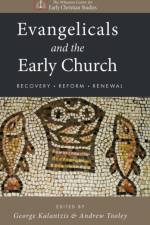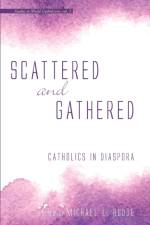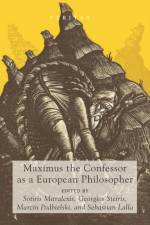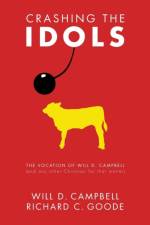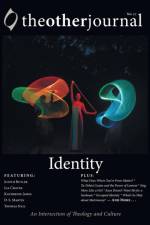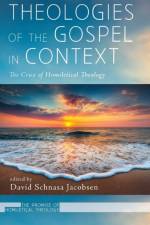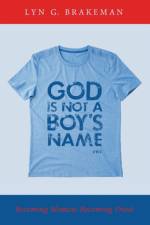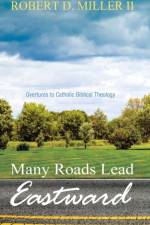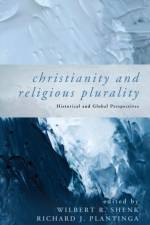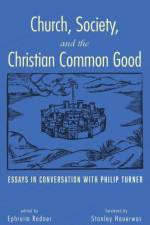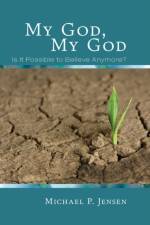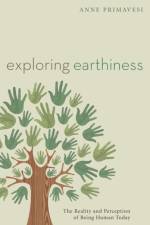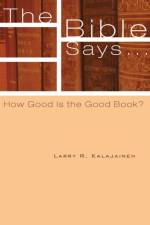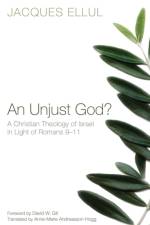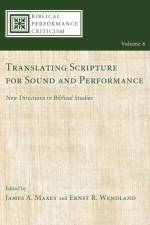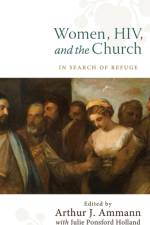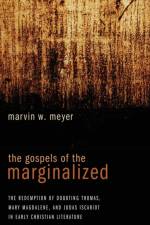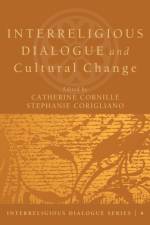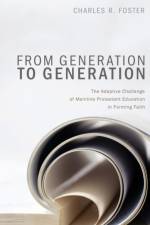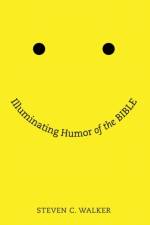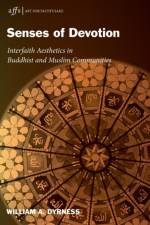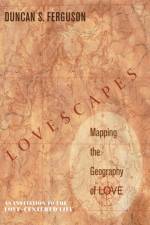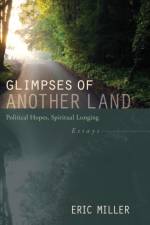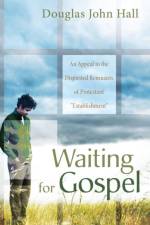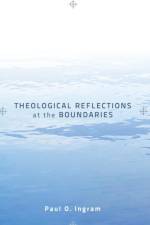av Michael A Buratovich
565
Human embryos, it has been said, ""have no muscles, nerves, digestive system, feet, hands, face, or brain; they have nothing to distinguish them as a human being, and if one of them died, no one would mourn as they would for one of us."" Consequently, early human embryos are being dismembered in laboratories around the world to produce embryonic stem cells, which, we are told, are the tools that will lead to the next quantum leap in medicine. Should Christians support such small sacrifices for something that might potentially relieve the suffering of millions, or should we vigorously oppose it?Developmental biologist and professor of biochemistry Michael Buratovich was asked such a question (among others) by his students. This book contains his measured answers and provides support from the scientific literature to substantiate his claims. He shows that embryonic stem cells are unnecessary, since the renaissance in regenerative medicine is occurring largely without them. Furthermore, he sets forth the scientific and historic case that the embryo is the youngest and most vulnerable member of humanity, and that ones such as these are precisely those whom the Christian church worked to protect in the past--and should champion in the present.""In order to make the case for ethical advancements in science, we must understand science, which can seem like a daunting task. Michael Buratovich does a great service for his readers by inviting us into the conversations he has with his students. Using a helpful and easy-to-understand question-and-answer format, he clearly explains the science, what is at stake, and why it matters.""--Jennifer Lahl, The Center for Bioethics and Culture""For many, our information on stem cells is as old as the 2004 presidential election when it was the hotly debated issue that inspired false and irresponsible promises, and social conservatives were accused of denying the disabled their dreams of being well. Now, thanks to Michael Buratovich, we have no excuse for being misinformed. Accurate and encouraging about ethical medical advances where appropriate, The Stem Cell Epistles is accessible, interesting, and the new go-to source on stem cell bioethics.""--John Stonestreet, Colson Center for Christian Worldview and Summit Ministries""Written as a series of responses to questions, this book skillfully combines a strong moral argument, rooted in Christian tradition, against the use of embryonic stem cells with clear and detailed scientific exposition of the basics of human embryology. It offers particularly valuable descriptions of the successes and possibilities of alternatives to the use of embryonic stem cells. Anyone interested in this complex moral matter should find the book extraordinarily helpful.""--Fritz Oehlschlaeger, Virginia Polytechnic Institute""This is a rare book. Buratovich brings to this issue not only his own expertise as a scientist, but awareness that philosophical and theological questions percolate beneath the scientific questions. Not only that, his answers exhibit the twin virtues that all good writing and thinking should exhibit: charity and clarity.""--Francis J. Beckwith, Baylor University""Buratovich has provided a helpful discussion on a variety of longstanding as well as emerging controversies on bioethics. He consults ancient and modern voices from ethics, philosophy, and theology and lays them aside current discoveries and developments in biological science. . . . The result is a splendid, comprehensive, and detailed treatment of abortion, personhood, stem cell research, and cloning. He does it with fairness, sensitivity, and objectivity--those graces missing from much of public discourse.""--Mark Van Valin, Pastor, Spring Arbor Free Methodist ChurchLong version of Mark Van Valin''s endorsement:""Mike Buratovich has provided a helpful discussion on a variety of longstanding as well as emerging controversies on bioethics. He consults both ancient and moder

